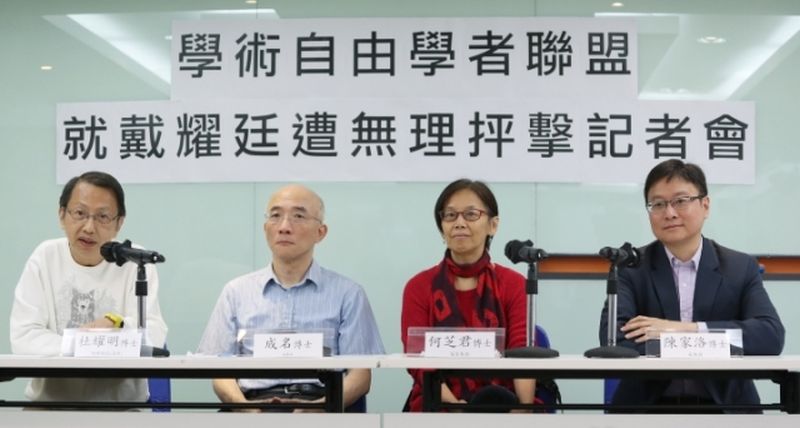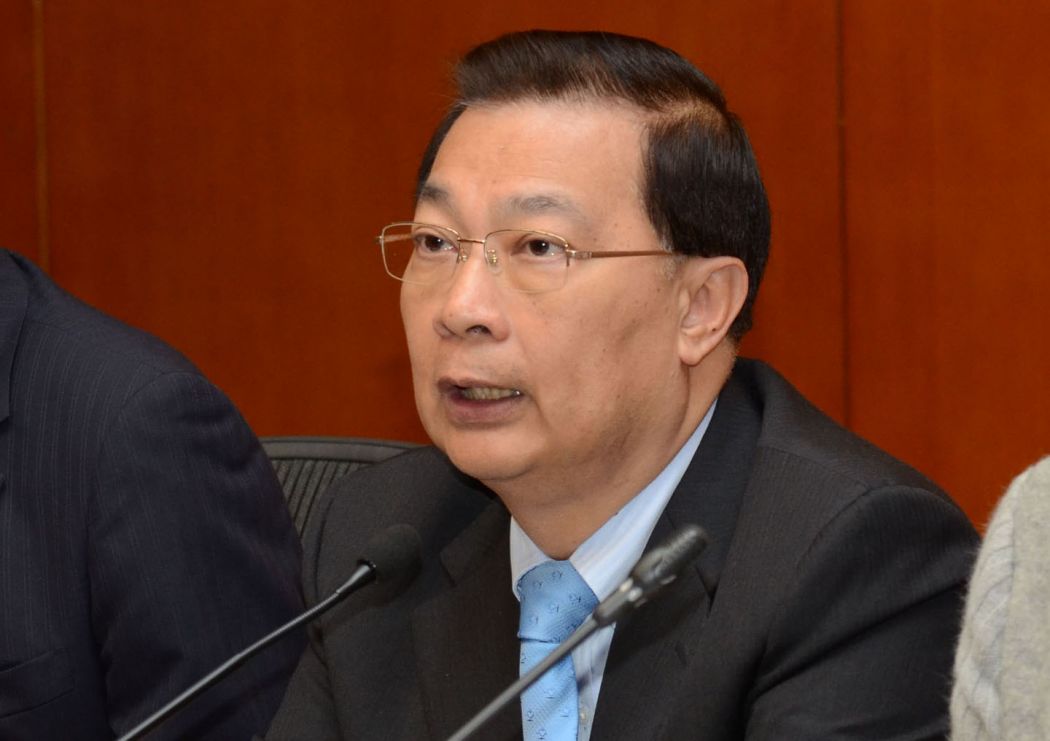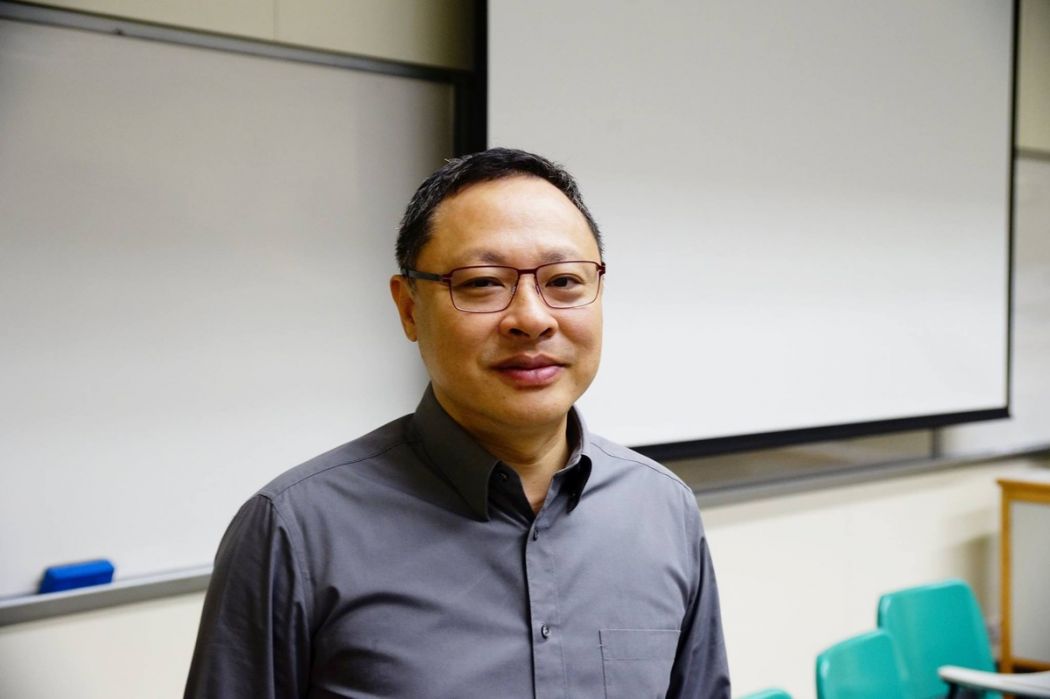A group of scholars have said they are concerned about a potential push for a controversial national security law, following recent attacks against University of Hong Kong law professor Benny Tai.
Tai was recently condemned by the Hong Kong and central governments over hypothetical comments about Hong Kong independence. At a recent conference in Taiwan, he suggested that if China became democratic, its regions could have self-determination. He insisted he did not support independence and that it was an academic discussion.
Sing Ming, a political scientist at the Hong Kong University of Science and Technology, said attacks against Tai were the most serious ones in recent years.

“We are very worried whether they are paving the way for Article 23 legislation. I am worried that Beijing has underestimated the damage to Hong Kong’s political and economical stability and international status should the evil Article 23 law be forcefully pushed,” he said.
Article 23 of the Basic Law stipulates that the Hong Kong government shall enact laws on its own to prohibit any act of treason, secession, sedition, subversion against the central government. Its legislation failed in 2003 following mass protests. The government has always had enough votes to pass the law, but it has never been raised since the debacle 15 years ago. Pro-democracy advocates fear it could have a negative effect on civil liberties.
‘Fabricated’
Kenneth Chan, former lawmaker and political scientist at Hong Kong Baptist University, said the accusations against Tai were “fabricated,” and urged the Hong Kong and central government authorities, as well as pro-Beijing lawmakers, to retract their words and apologise to Tai and the public.
“Give us back the fairness we deserve,” Chan said.
But Tam Yiu-chung, a newly appointed member of Standing Committee of the National People’s Congress, said the government should enact the law before its term ends in 2022. He said the law should be legislated step-by-step to ease the public’s concerns, but it should not wait till the next administration.

“[Safeguarding] national security and territorial integrity is every person’s responsibility – this is written in the constitution and Basic Law,” he said. He also said that Tai’s remarks in Taiwan went beyond the scope of freedom of speech and academic freedom.
‘Absolutely unrelated’
When asked by reporters on Thursday, Chief Secretary Matthew Cheung denied the government’s statement against Tai was paving the way for legislation.
“The two matters are absolutely unrelated. I want to restate that the chief executive has mentioned in her policy address that we need to create a suitable social atmosphere, before we can push Article 23 legislation forward,” he said. “It is unnecessary to link Article 23 legislation with this incident.”
In response, Tai said on Facebook that Cheung’s remarks proved that he did not violate any criminal laws and that he did not cross a line relating to freedom of speech.
“Thank you Secretary Cheung for clarifying for me, it has cleared my concerns these few days – I was worried police may knock on my door to arrest me at 6am in the morning,” he said. “With the large scale attacks by the pro-Communist camp, I can finally sleep well tonight!”

In a joint statement, the Hong Kong Journalists Association, Independent Commentators Association and Journalism Educators for Press Freedom said they were concerned that attacks against Tai by the government may cause a chilling effect, affecting freedom of speech and academic freedom. The local government said in a press release last week that it was “shocked” by Tai’s remarks.
The journalism groups said they were against the criminalisation of speech, and the government should clarify what law may be violated with discussion of Hong Kong independence, and whether media institutions will bear criminality if they print such words.
‘Self-manufactured white terror’
Meanwhile, pro-Beijing newspaper Ta Kung Pao hit back at Tai for suggestion that he may be under surveillance by mainland agencies, after the paper printed a candid photo of him despite Tai taking precautions to ensure he was not being followed.
The paper said Tai’s comments were “bizarre,” accusing him of “self-manufactured white terror” and interfering with press freedom.
Tai said in response that he respected the right of reporters to follow him, and he was not certain how his comments harmed press freedom.
